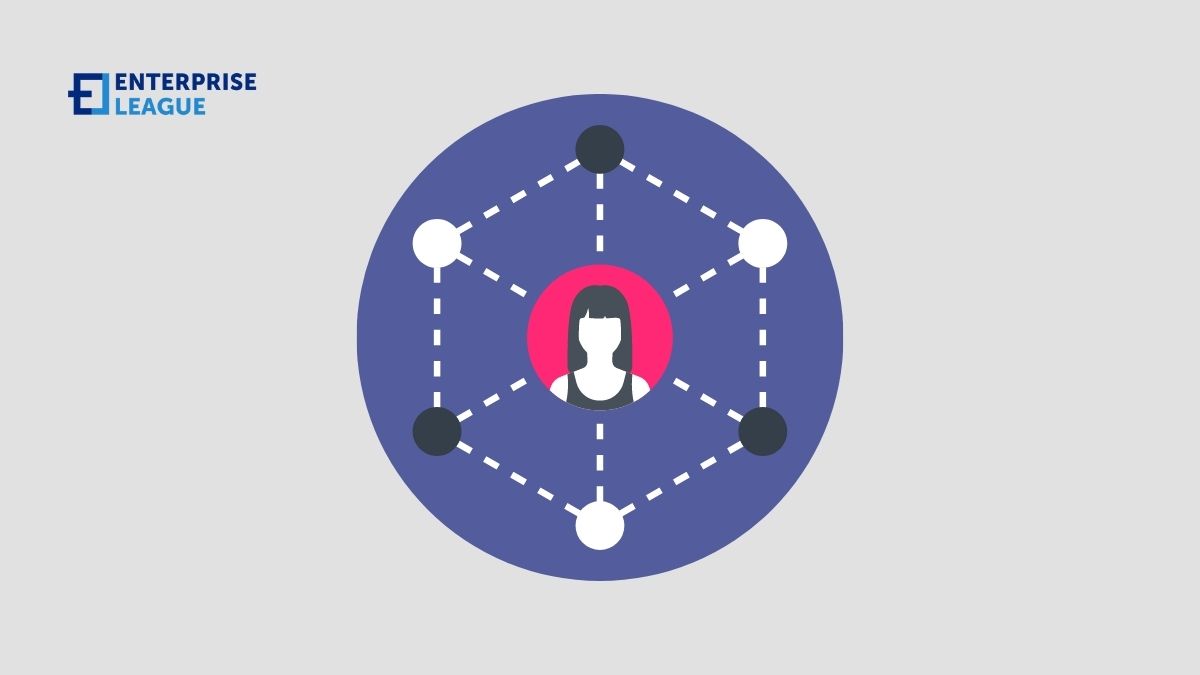The prompt is everything. When using an AI lead finder, the quality of your results depends entirely on how well you describe what you're looking for. Get it right, and you'll receive a list of precisely targeted prospects in seconds. Get it wrong, and you'll waste...
7 powerful characteristics of a successful business owner
Every individual has a unique set of characteristics that differentiate them from other people. The same principle applies to business owners as well. However, if we look closely, there are certain characteristics of both male and female business owners that repeat. Namely, Elon Musk and Jack Ma could not be any more different but it’s undeniable that they have several business owner traits in common: passion for one.
It’s important to note that some of these characteristics of a successful business owner are inborn, yet others are obtained and developed later in life. Hence, you may not be genetically predisposed to being a confident person, but that doesn’t mean you can’t become one with practice and experience.
What are the signs of a successful business owner?
One thing is for sure, lacking one of the powerful characteristics of a business owner listed below doesn’t make you a bad entrepreneur. There are hundreds of business owner traits and what matters is not how many of them you possess, but how you put the ones you have to work.
Stamina
Of all the characteristics of a successful business owner, this one is probably the most needed. The road of entrepreneurship is one bumpy ride and flat tires occur more often than you think. So having the stamina to not only survive but also thrive in difficult business situations is definitely imperative.
How many times you’ve heard about a successful entrepreneur losing billions only to come back richer than ever before? It’s because they had the stamina to sustain the blows.
Goal-setting mindset
Without a goal to reach, you’ll just wander around aimlessly never achieving anything of significance. It can be either a short-term or long-term goal, regardless of it, you must always have a goal in mind. Additionally, goals won’t work out themselves without a plan. So besides the goals, you must also have a plan for how to achieve them.
Steve Jobs’ goal was to create the most practical, aesthetically-pleasing and quality smartphone in the world. And he did it, all because he possessed a goal-setting mindset.
Confidence
Have you ever seen a non-confident successful business owner? Me neither.
Confidence can sell anything in the business world, even the worst idea or product. When your approach is shaky, you appear distrustful in your partners’ or clients’ eyes. And the last thing they want is to spend money on something you don’t even believe in.
As one of the most important characteristics of a business owner, confidence radiates power and shows you’re in control. It makes people more susceptible to what you’re saying because they trust you.
Passion
One thing is for sure, you have to have passion for what you do in order to succeed. When you sincerely love and believe in your work nothing is too hard. Of all the traits that make successful business owners , this is possibly the most romantic one, but that doesn’t make it less valuable.
The greatest ideas are born out of passion. The hardest obstacles are insignificant when you have passion in the heart. Real passion keeps you going no matter what.
However, if you’re not led by passion, you’ll sooner reach failure than success.
Risk-taking mindset
Simply put, nothing good ever comes out of staying in your comfort zone and not risking anything. Risk brings profit. If you’re not willing to risk in business you’ll regress instead of progress.
There’s an opportunity knocking on your door but you have to risk a big portion of your budget? Evaluate, calculate and if the win outweighs the loss, take the risk. Have the courage to step out of your comfort. Don’t be afraid to experience loss. That’s the whole point of business: losing and winning. In fact, sometimes in order to win you have to lose.
Adaptability
You can plan budgets, strategies, projects… write it all down on paper, but don’t ever fool yourself that you’re in control of everything. Life always happens and unpredicted things show up out of nowhere. Therefore, you need to adapt and be flexible. If you’re rigid, and you must have it your way or no way, then you’re doomed.
Look what it happened to Thomas Cook: a giant in the tourism industry brought to its knees because the management failed to adapt to the new streams and trends.
Conclusion
As humans, we’re blessed with the unlimited potential of growth. This list of characteristics of a business owner who strives for success is not definite. As an entrepreneur, it is your duty to explore your possibilities and master your skills in order to avoid all the myths of entrepreneurship out in the world .
More must-read stories from Enterprise League:
- Can you use TikTok marketing for your small business successfully? Find out here.
- 27 pricing strategies to help you with pricing your products.
- 36 Bulletproof psychological tactics for successful marketing.
- The best novels for entrepreneurs will teach you much more than any business book will.
- Find out how having age diversity in the workplace can improve your business.
Related Articles
How to Describe Your ICP for an AI Lead Finder: Examples and Best Practices
What Are the Best Private Label Bread Suppliers for Grocery Stores? These Are the 6 Top Options
Store brand bread programs have become a core growth lever for fresh goods stores that want stronger margins, tighter brand control and more flexibility in how products reach shelves. For business owners and operators, the supplier behind that program matters just as...
Key Factors for Choosing a Contract Life Cycle Management Solution
Managing contracts efficiently is essential for any organization's success. Global teams can create and handle legal documentation more effectively once they understand how to select the right contract life cycle management solution for their needs. Many software...
Exploring the 7 Best Classic Car Dealerships in Illinois
Illinois has a rich automotive heritage, as it's been a transportation and manufacturing hub for decades. The passion is evident in the numerous classic car dealerships across the state. For auto enthusiasts, purchasing an authentic, classic car means owning tangible...
Need an Alternative to CSC ServiceWorks for Apartment Laundry? These Are the 5 Best Options
If you're managing or owning a multifamily property, your laundry provider plays a much bigger role than it might seem at first glance. For those searching for the best alternatives to CSC ServiceWorks for apartment laundry, there are several reliable providers...




















